Alumni and Friends
Class of 1975 Reunion Notes
Harvard Chan School celebrates fifty years of our 1975 graduates making an impact in the world. The below messages and remembrances were submitted by members of the class.
Chris Bain MPH ’75, SM ’76
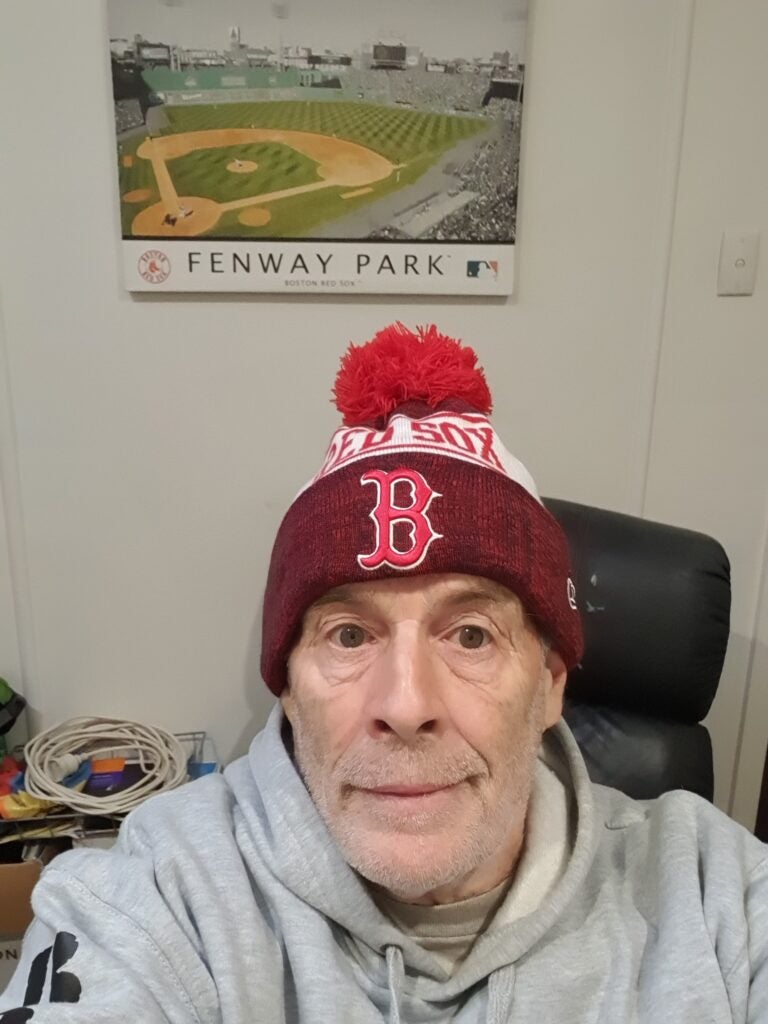
“HSPH was the bedrock of my professional life as a public health academic; it radically expanded my health and social perspectives, provided core knowledge and analytic skills. The quality of Epi faculty (and others) gave me salutary intellectual self-assessment.
Fellow students widened my horizons, provided support and friendships, now 50 years long with some. Shattuck House was a welcoming home for a naive foreigner. (The squash was good too.)”
Alan B. Cohen, SM ’75, SD ’83
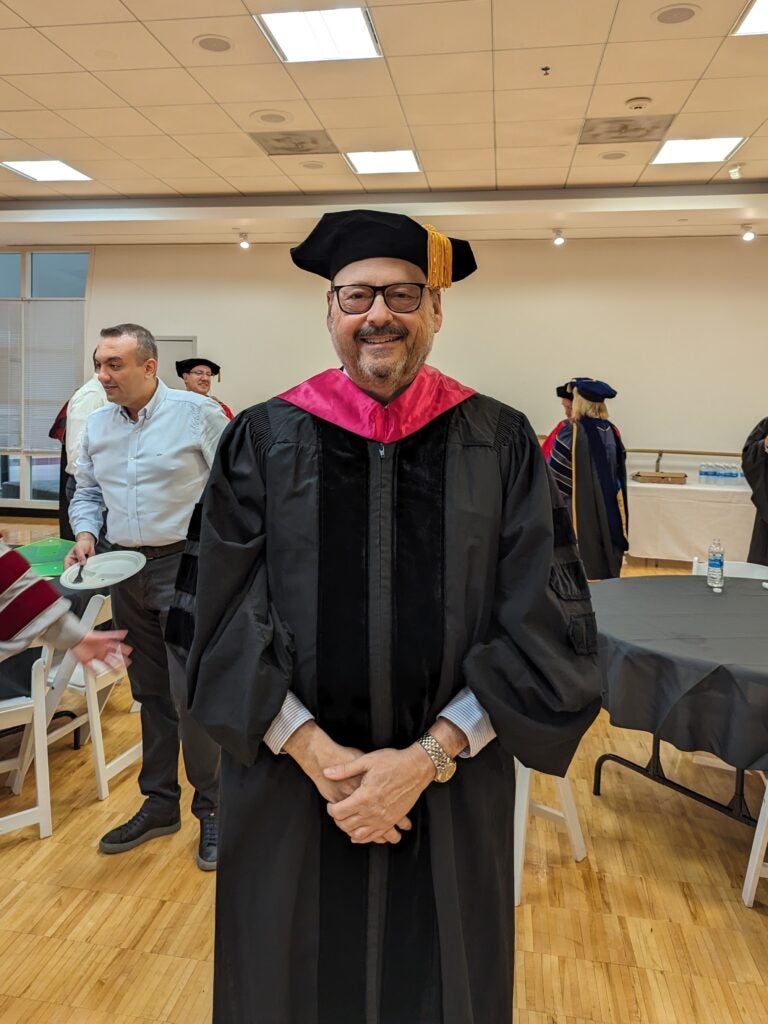
“When I came to HSPH in 1973 in the inaugural cohort of the SM in Health Policy & Management Program, the two-year curriculum enabled me to take courses at HSPH, HBS, KSG, and MIT. The field itself was so new that even faculty leaders were uncertain about our employment prospects.
My first post-program job at a Cambridge consulting firm instilled within me a deep interest in research and evaluation, and I soon returned to HSPH for my ScD. From there, my career blossomed over 40+ years, with stops at Johns Hopkins University, the Robert Wood Johnson Foundation, Brandeis University, and Boston University. Although I retired from BU in 2024, I continue to be the editor of the Milbank Quarterly.
Were it not for my time at HSPH and the incredible learning opportunities there, I doubt that any of this would have occurred. And, for that, I am eternally grateful. I am also grateful for the mentoring by faculty and the lifelong friendships forged at Harvard. The decision to enter the program was a gamble, but in the immortal words of Robert Frost, ‘I took the road less traveled by, and that has made all the difference.’
I would also like to remember the late Jan Handke SM ’75, a fellow student in the Health Policy & Management Program.”
Roy Deitchman, SM ’75
“It was truly a rewarding experience to attend the School. I had classes and projects with Professors Moeller and Burgess that provided great knowledge and experience in the environmental health field. My career path included work at Cal/OSHA, Bell Laboratories and New York Telephone, Amtrak and currently at NIH. I also attended law school and practiced environmental law at New York Telephone and used the knowledge with other jobs.”
Lou DiBerardinis, SM ’75
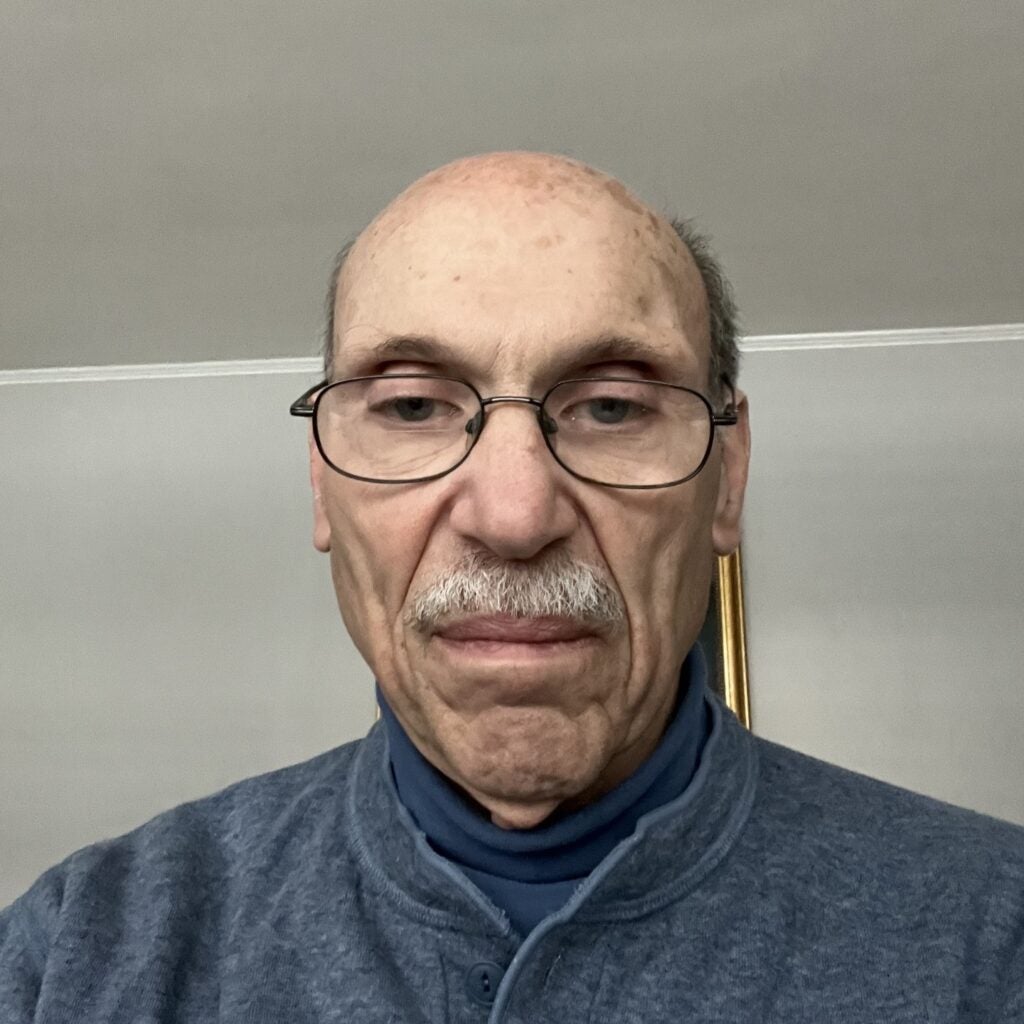
“SPH essentially directed and made my entire career. I started in the Department of Industrial Hygiene as a Northeastern Co-op student in 1967 and fell in love with industrial hygiene and the people, in particular Bill Burgess and Mel First. They became my mentors, advocates, colleagues and friends for the next 40-50 years. I have been associated with SPH ever since, as staff, student, Visiting Lecturer and currently Lecturer in Industrial Hygiene. After graduating from Northeastern I began work at SPH for both of them. They along with John Peters and Ben Ferris encouraged me to enter the MS program. With Bill’s advice to do some applied IH, I went to work in Ben’s EHS department on the main campus. Then later followed Bill to Polaroid. Finally settled at MIT for the last 35 years of my fulltime career. I am still fortunate to stay involved at SPH by teaching several Professional Development and Graduate courses. Having contact with such remarkable students from all over the world has been most rewarding and challenging! Thank you SPH.”
Mark Elwood, SM ’75
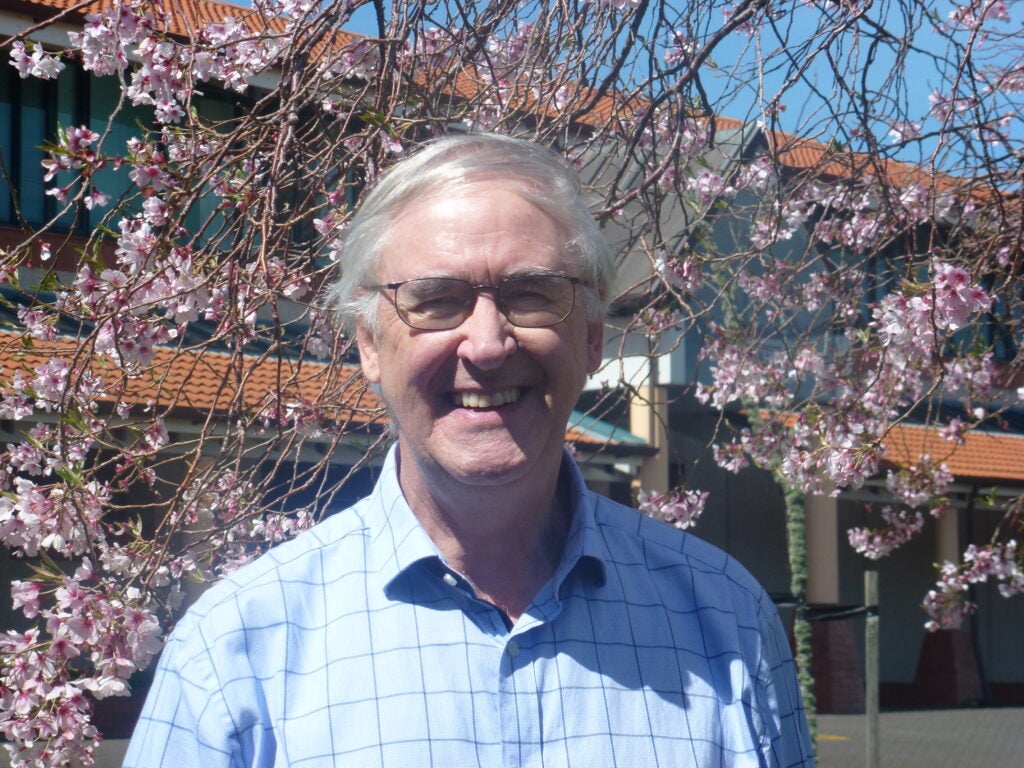
“My year at HSPH for the MS (Epid) gave me the skills for a career applying epidemiology to many issues. Although I completed an unsupervised European doctorate (MD by thesis), my 9 months at HSPH was my only real training. It led me to professorships in Canada, the UK, Australia, and New Zealand. I did research, teaching and health leadership mainly in cancer and birth defects, dealing with etiology, diagnosis, screening, treatment outcomes and trials. Philip Cole, Ken Rothman, and Olli Miettinen were my main influences, and their methods have guided my work. Coming from Canada and living in Shattuck international house was an experience, with its cockroaches, Marie and Fletcher with his feather, the National Guard camped outside, and armed guards at the supermarket. In my and Candace’s first year of marriage, it was not the romantic Harvard we imagined; but it came with good friends like Jean and Marie-José Boivin, (the late) Hasse Linaae and Anne-LIse Mengshoel, Georgio and the Carboni family, whom we visited in Montreal, Lillehammer, and Rome; also Jim Epstein, who died much too young. We hope that current and future international students benefit from this unique environment.”
James Goetz, MPH ’75, MD
“Having received my MPH degree in the Division of Tropical Medicine, I secured my first job overseas in Tanzania. This was made possible by a meeting I had with a visiting professor, Dr. David Morley, from the UK who alerted me to the position. Dr. Morley was but one of many visiting professors from around the world who came to HSPH and influenced my career. At what place other than Harvard would this be possible?
Another memory is of a class in Tropical Medicine where I had to review, discuss and solve a clinical problem that I had been given some weeks earlier. What made this one hour exercise so memorable (and nerve wracking, if I am to be honest) was that it was done before my faculty mentor, another full professor and a Nobel prize winner. After this experience, I no longer felt nervous speaking in front of anyone.
I am grateful for the professional and personal growth I experienced at HSPH and thank the faculty for their superb instruction.”
Charles H. Hennekens, MPH ’72, DPH ’75, SM ’75, MD
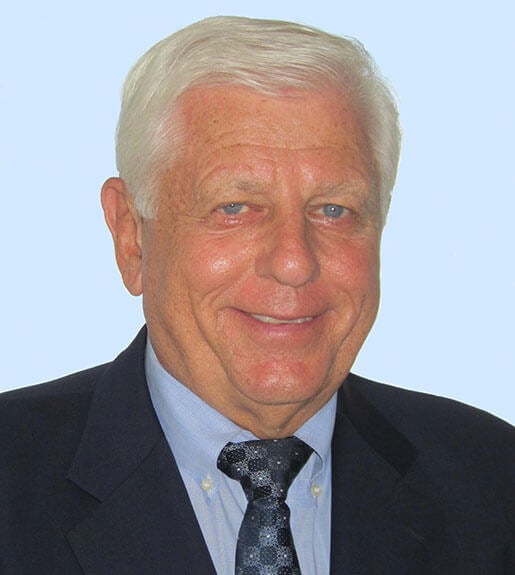
“I had the privilege to learn epidemiology and biostatistics from the very best teachers, especially George B. Hutchison and Marge Drolette. Eli Chernin and Bill Castelli were also inspirational teachers.
I became the first John Snow and later first Eugene Braunwald Professor of Medicine at the Harvard Medical School and currently first Sir Richard Doll Professor at the College of Medicine at FAU. It was my training at HSPH propelled me to be the leading recipient of NIH investigator initiated grants from 1995-2000.
I would also like to remember Susan Perrine SM ’72, MD, an extraordinary professional and person.”
Calvin Nafziger, MD ’68, MPH ’75,
“I spent some years in Nigeria and met my wife there.”
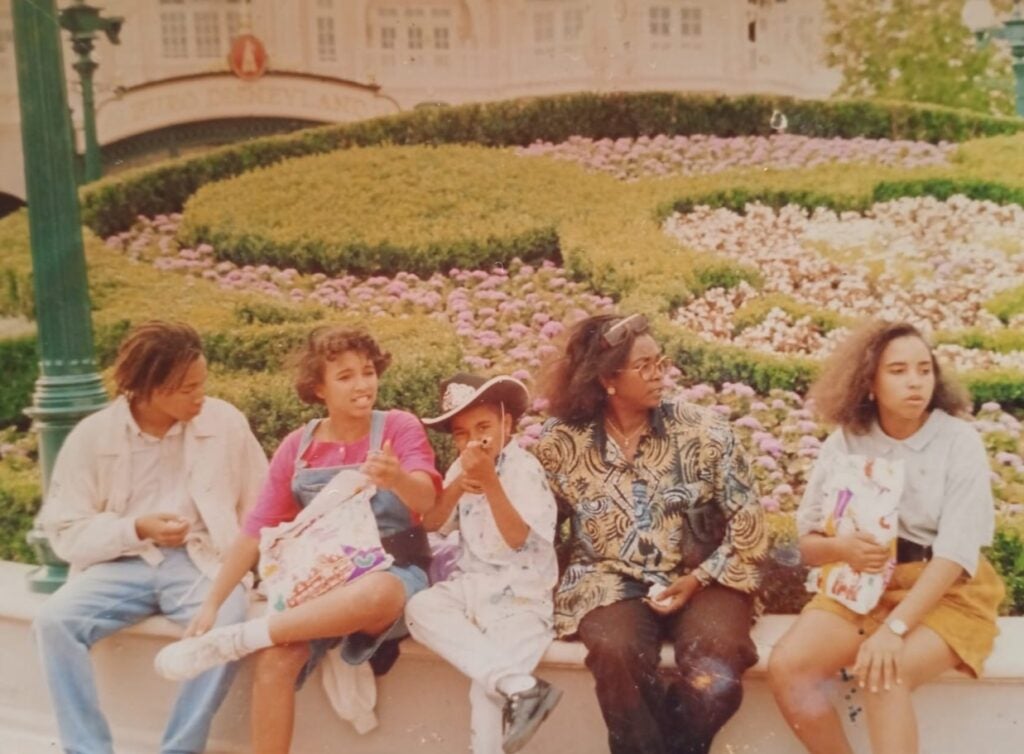
Darrel A. Regier, MPH ’75, MD
“As a MGH psychiatry resident, I was able to obtain a NIMH fellowship to focus on the HSPH mental disorder epidemiology course of Alexander Leighton. This course was instrumental for my future scientific career. The uses of epidemiology, outlined in J.N. Morris’s book, for determining prevalence rates, service use rates, and risk factors for mental disorders formed the framework for my scientific career. In 1975, I graduated from the MGH and HSPH to join the U.S. Public Health Service (USPHS) as a Commissioned Officer in the NIMH, where I was able to lead the Epidemiologic Catchment Area (ECA) study of mental disorders. I spent 25 years at NIMH developing services research, epidemiology, and clinical research programs, ending as a USPHS Flag Officer. This included congressionally mandated work with health economists to determine the cost of insurance parity for mental disorders that eventually led to the 2008 Mental Health Parity legislation. After supporting DSM-III, DSM-IV, and the WHO ICD-10 classification of mental disorders, I moved to the American Psychiatric Association Research Director role in 2000 to develop the DSM-5. Since 2014, I have consulted with the Center for the Study of Traumatic Stress at USUHS on their epidemiological studies.”
Ellen Ripstein, SM ’75
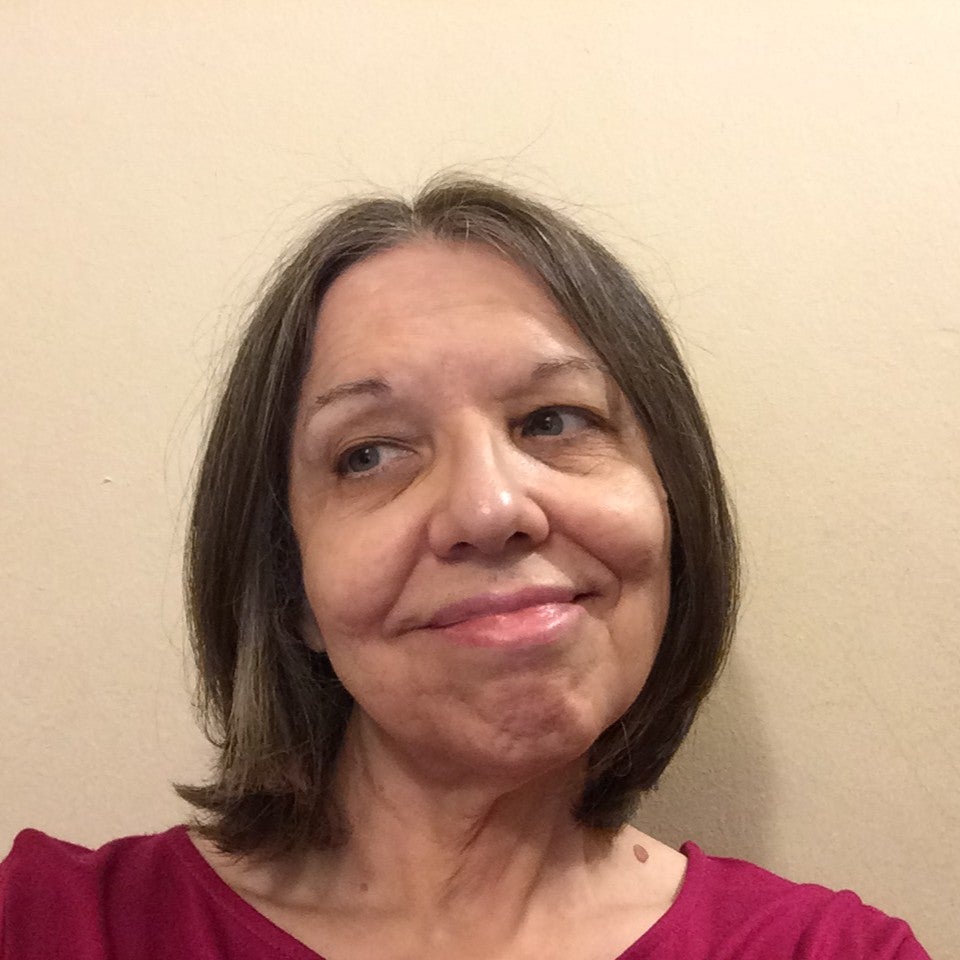
“I was originally accepted for Biostatistics, but was offered a spot in the new Health Policy & Management program. After HSPH, I returned to NYC for an actuarial training program at Equitable (reached Associate level in the Society of Actuaries). Then 17 years as a statistical consultant at MetLife (where I’d had a summer job during HSPH, in the statistical bureau), setting schedules for provider health insurance payments. A year after a corporate merger with United HealthCare, my job was eliminated.
I took the opportunity to make my hobby of word puzzles and trivia games into a second career. As a freelancer, I proofread/edited hundreds of puzzle books, test-solved crosswords for the NY Times for 25 years (recently retired), researched questions for Who Wants to be a Millionaire, and still do some work for online puzzle sites. I won the American Crossword Puzzle Tournament in 2001 after 13 times in the top 3, and was in the 2006 documentary Wordplay. (And lost on Jeopardy! in 1991, oh well.)”
Janet Cary Stiles, SM’75, MD
“Best wishes to everybody at the School of Public Health and special kind regards to the Class of 1975.
I came to HSPH in 1972 directly after graduating from Vassar College with an A.B. in Political Science. I studied Health Administration in the 2 year master’s degree program for students without advanced degrees.
At that time it was a new program and there were only a handful of students. Since then it has evolved into Health Policy and Management. There were many great professors including Dr. Simmons, Dr. Kennedy, Dr. Yerby and Dr. Worcester.
It was a very good generalist program for public health and I am very grateful for the opportunity to study there. After this I went to Tufts Medical School and did an internal medicine internship and residency at Harbor General in Los Angeles. I practiced primary care internal medicine and am now retired.
Good health and good luck to all!”
Michael Williams, SM ’75, MD
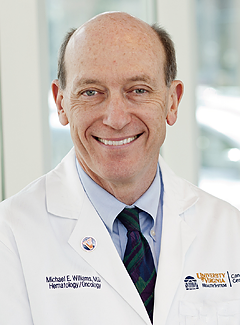
“Attending HSPH directly from my undergraduate studies was personally transformative. The terrific experiences with faculty and classmates remain vivid after a half century, as do the wonderful social events at Dean Howard Hiatt’s home, Dr. Helen Buckley’s dinners, and pot-luck dinners at the Shattuck International House. The intense commitment of classmates to advancing global health was always in evidence, and inspired me to pursue a career in Medicine that ultimately led to a focus in hematologic malignancies, clinical and translational research, and lymphoma therapeutics. The time at HSPH also informed an awareness of unmet needs and barriers to care, which we have strived to address through programs directed toward rural and underserved areas at the University of Virginia Comprehensive Cancer Center. I have remained ever grateful for the opportunity to attend HSPH, and for all the lessons learned there.”